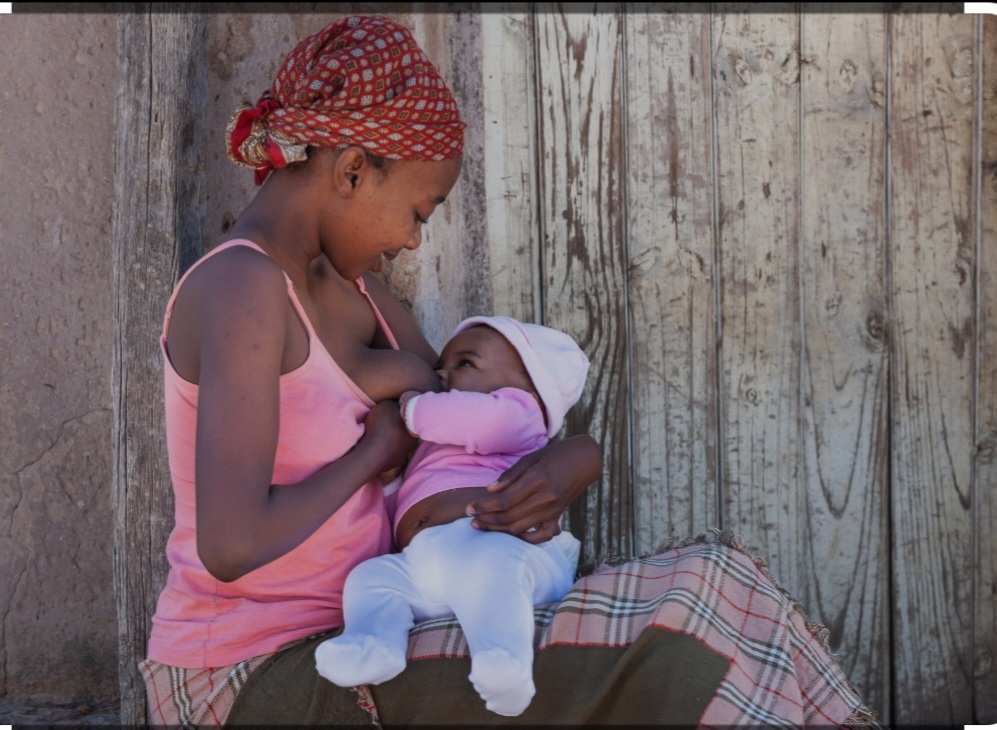By: Elizabeth A. Kaine
In Sierra Leone, where healthcare challenges are prevalent, it is vital to emphasize the significant role breastfeeding plays in promoting maternal and child health. As sisters, friends, and future mothers, we must engage in open discussions about the benefits of breastfeeding, particularly regarding cancer prevention.
Research consistently shows that breastfeeding can reduce the risk of breast and ovarian cancers in mothers. This protective effect is particularly relevant in a country like Sierra Leone, where cancer awareness and treatment options may be limited. Breastfeeding not only provides essential nutrients to infants but also helps mothers regulate hormones that can prevent the onset of these diseases. For many women in Sierra Leone, understanding this connection could be life-changing.
The World Health Organization recommends exclusive breastfeeding for the first six months of life, followed by continued breastfeeding for two years or more. In Sierra Leone, where healthcare resources can be scarce, this guidance highlights the importance of maximizing the protective benefits of breastfeeding. Each additional month of breastfeeding can further enhance a mother’s health, making it crucial for us to support and advocate for breastfeeding practices.
However, it is essential to acknowledge the barriers many women face in breastfeeding. Limited access to maternity care, cultural beliefs, and inadequate support systems can make breastfeeding challenging. We must create a supportive environment where mothers can receive guidance from healthcare professionals, family, and community leaders. Education and resources should be made readily available to empower women to overcome these challenges and encourage breastfeeding as a vital health practice.
Furthermore, promoting breastfeeding aligns with broader public health initiatives in Sierra Leone. By advocating for maternal health and cancer prevention, we contribute to the overall well-being of our communities. It is essential to integrate breastfeeding education into health programs, ensuring that women understand its benefits not only for their children but also for their long-term health.
In conclusion, as we navigate the complexities of health in Sierra Leone, let us prioritize conversations about breastfeeding and its critical role in cancer prevention. By sharing knowledge and supporting each other, we can empower women to make informed choices that benefit their health and the health of future generations. Together, we can champion breastfeeding as an essential step toward a healthier Sierra Leone.


